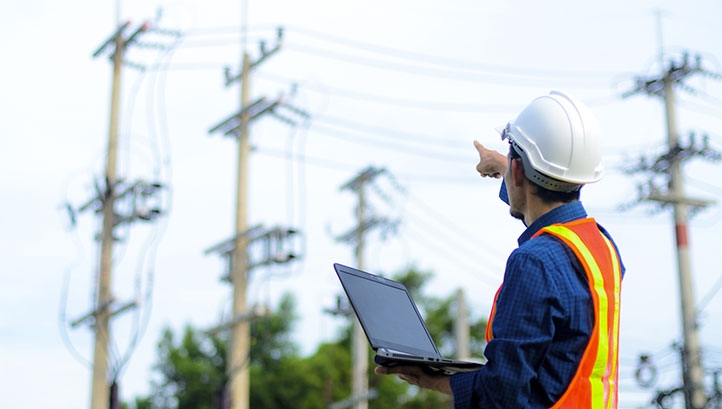This is a repost from Edie and makes for depressing reading. Electric utilities and car manufacturers form two of the industrial sectors most in the limelight in terms of CO2 emissions. If they are failing to operate in ways consistent with the 1.5C target what hope is there for the rest of industry? A "hockey stick" of concerted activity is required!
Almost all electric utilities and carmakers failing to decarbonise in line with 1.5C, says damning report
Just 7% of large carmakers and 2% of large electric utility firms are decarbonising at the pace required to avert the worst impacts of the climate crisis, according to a major new analysis of 80 corporates out today (24 November).

35 of the 50 electric utilities assessed will likely see emissions increasing in the short-term
The study, conducted by the World Benchmarking Alliance (WBA), CDP and ADEME, assessed the climate commitments of 50 large electricity firms and 30 major automotive firms, as well as their progress on decarbonising operations and products and services to date.
In the electric utilities space, almost all (98%) companies were operating in a manner inconsistent with the Paris Agreement’s 1.5C temperature pathway. Only Orsted was found to be on track for keeping within its 1.5C carbon budget through to 2035.
Globally, the sector is on track to produce 57% more carbon within the next 15 years than it would need to to keep 1.5C alive. Firms in Asia and the US were generally weaker on decarbonisation than those in Europe. The report warns that things will likely get worse before they get better, with 35 of the 50 firms forecast to increase fossil fuel use and emissions.
In the automotive sector, only two of the 30 companies – Tesla and Renault – are operating in line with 1.5C and have credible plans to stay within their carbon budget through to 2035.
The report also raises concerns over slow progress on low-carbon vehicle manufacturing. In 2020, just 7% of the vehicles sold across the 30 companies assessed were low-carbon. While this is a notable increase from 2% in 2015, the proportion will need to reach 64% by 2030 in a 1.5C pathway, the report states,
Particular laggards include Honda, Mahindra & Mahindra, Mazda, Subaru, Suzuki, Ford and Toyota, which all saw low-carbon vehicles accounting for less than 1% of sales in 2020. The report additionally calls on VM, GM, Stellantis and SAIC Motor to accelerate progress, as they are the largest firms included in the report.
The report’s authors have described the findings as “red flags” that “could undermine the legacy” of COP26.
Just transition planning
Using the WBA’s research, the reports also assess the extent to which the 80 businesses are planning for a “just” low-carbon transition, in which worker and community rights and wellbeing are safeguarded and improved.
Automakers, in general, fared worse than the electric utilities. The average score for a carmaker in the WBA’s just transition assessment, out of a possible 16, was just 2.9.
The report concludes that the electric utilities sector has improved ambitions and actions and is now performing “well” overall. European firms were the best performers, with names including Orsted, SSE, E.ON, Vattenfall and EDF energy at the top of the benchmark.
SSE has notably already published a just transition plan to net-zero, ahead of the implementation of a UK Government mandate for large, high-emitting corporates to make this move. This will come into effect in 2023, it was confirmed at COP26.
The organisations behind today’s report are now calling on other nations to follow suit – and for other parts of the value chain to put pressure on high-emitting sectors.
“While policymakers are wondering if, when and how to address the question of companies’ transition plans alignment with 1.5C, these updated benchmarks prove once again that the world can’t only rely on private sector’s commitments to reach planetary carbon neutrality,” said ADEME’s coordinator for the ACT Initiative, Romain Poivet.
WBA’s decarbonisation and energy transformation lead Vicky Sins added: "With companies in these sectors lagging behind on both transition planning and in reducing net emissions, we need investors, governments, civil society and other actors to engage with these keystone businesses and hold them accountable for the gaps between ambition & performance right now, and not in the future.”
Sarah George
No comments:
Post a Comment